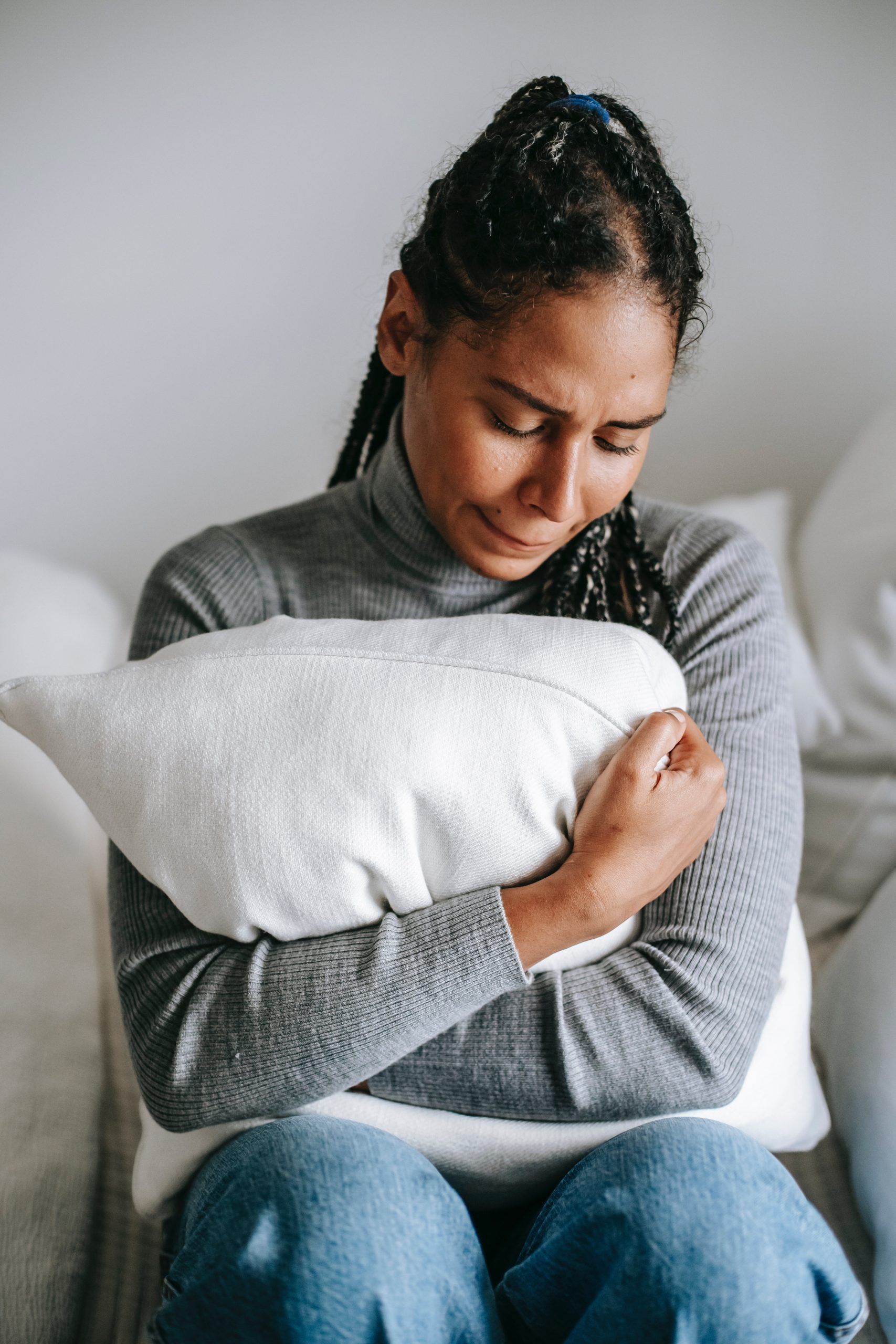
Practical Strategies for Healing
Being depressed may be a difficult and overwhelming experience. However, it’s crucial to keep in mind that you’re not alone and that there are powerful coping mechanisms to support you on your path to recovery. We’ll look at a variety of methods and strategies in this blog article that can help you deal with depression. Since every person’s experience is different, it’s crucial to identify the tactics that are most effective for you( Coping with depression)
Seek Professional Support.
The need for expert assistance is essential because depression is a complicated mental health problem. You can get the advice and resources you need to manage your depression from a mental health professional, like a therapist or psychiatrist. They can provide a secure environment where you can explore potential underlying causes of your depression, discover coping mechanisms, and express your emotions.

Build a Supportive Network.
Establishing a support system is crucial to overcoming depression. Your path to recovery can be greatly impacted by surrounding yourself with kind and understanding people. Reach out to dependable friends and family members, or think about joining a support group where you can meet people going through comparable struggles. Sharing your feelings and experiences with like-minded individuals can be a source of consolation, affirmation, and inspiration.https://www.everydayhealth.com/depression-photos/ways-to-cope-with-depression.aspx

Establish a Routine.
Daily routines are frequently disrupted by depression, which can make even the smallest chores seem burdensome. A sense of security and purpose can be provided by establishing a disciplined routine. Make getting out of bed, eating regularly, and participating in activities you enjoy your daily goals, to start. Add new duties and obligations gradually to your schedule, but remember to be patient with yourself and that development takes time.
Engage in Physical Activity.
It has been demonstrated that regular physical activity improves mental health, including depression. Endorphins are naturally occurring mood enhancers that are released during exercise and can help lower emotions of tension and anxiety. Find something you want to do, whether it’s dancing, swimming, yoga, or going on a walk. Start out simple and manageable, then progressively boost your activity level over time.https://www.healthline.com/health/depression/how-to-fight-depression

Practice Self-Care.
An important aspect of controlling depression is self-care. Spend time doing things that make you happy and help you relax. This can include pastimes, books, baths, meditation, or mindfulness exercises. Set good boundaries in your relationships, get enough sleep, and eat wholesome meals as a priority for your physical and emotional well-being.

Challenge Negative Thoughts.
Depression frequently triggers negative and critical thought habits. A crucial component of overcoming depression is learning to challenge these notions. Begin by recognizing negative ideas and challenging their veracity. Replace them with more reassuring and uplifting options. With the help of a therapist, it is possible to learn cognitive-behavioral therapy (CBT) strategies that can be especially beneficial in this process.https://www.helpguide.org/articles/depression/coping-with-depression.htm
Conclusion.
The road of coping with depression calls for tolerance, compassion for oneself, and assistance. You can start to regain control over your life and strive towards a healthier and happier future by getting professional help, developing a strong support network, creating a routine, exercising, taking care of yourself, and fighting negative beliefs. It’s important to keep in mind that healing takes time, so you must be patient with yourself.https://www.nhs.uk/mental-health/self-help/tips-and-support/cope-with-depression/



Pingback: Understanding the Impact of Adderall on Mental Health - Purebliss mentalcare.org
Pingback: Prescription Drug Abuse. - Purebliss mentalcare.org
Pingback: Depression isn’t just sadness – it’s often a loss of pleasure. - Purebliss mentalcare.org